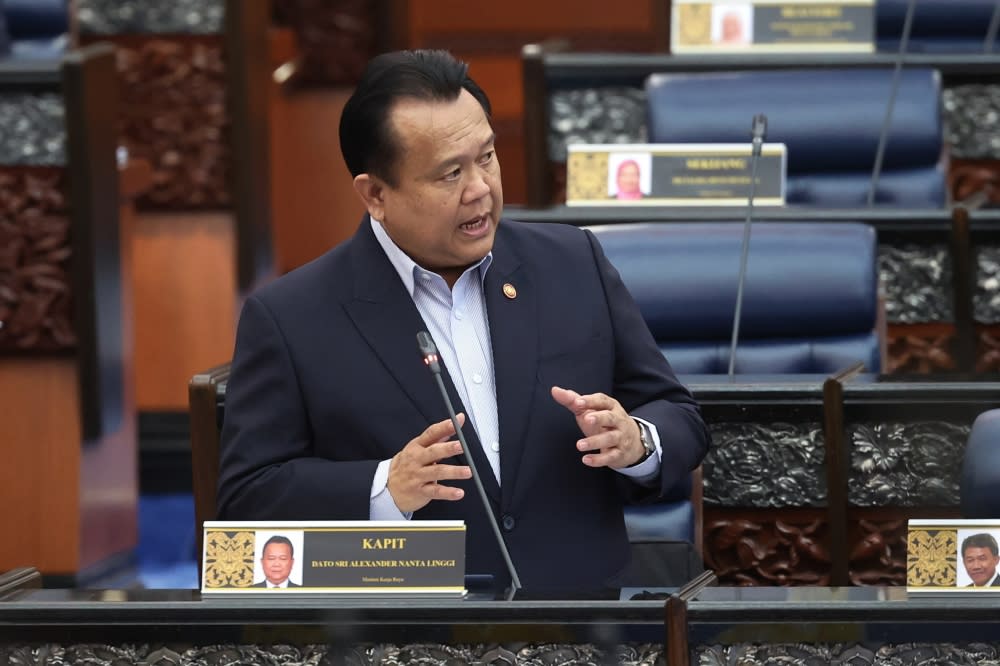Works minister explains why open payment system for highway tolling is taking so long

KUALA LUMPUR, March 24 — Works Minister Alexander Nanta Linggi has issued a statement to clarify questions on the upcoming Open Payment System which will dismantle Touch ‘n Go’s monopoly for toll payments.
To recap, he said a total of five highways will allow users to pay for tolls using their credit and debit cards by September 2023.
On the concerns that the open payment system implementation is taking a long time, the minister said the KKR team from the Development and Privisation Division has started the effort since 2022.
After he was appointed as the new minister of works under the current administration, he has instructed to expedite the implementation of Multi-Lane-Fast-Flow (MLFF) which will put an end to any form of monopoly was one of the key focus areas.
Nanta said he has issued the instruction since January 2023 and was involved in several engagement sessions on the implementation of MLFF.
The minister said the implementation will not be easy as there are several processes that need to go through.
This includes technical, legal and financial aspects that need to be refined and finalised with all stakeholders before a decision can be made to commence the open payment system for the first five highways in the country.
He emphasised that the open payment system is not just limited to the five highways as other highway concessionaires have also expressed interest to support the open payment system. Nanta said he will reveal further details in due course.
The minister also said that the source of authority to implement toll payment systems and everything that’s relevant falls under the jurisdiction of the Ministry of Works.
He added that the location and the selection of participating highways for the open payment system are also determined by his ministry after all processes covering technical, legal and financial have been agreed upon by all parties.
Nanta also urged all parties to be patient and wait for further announcements from the Ministry of Works to avoid confusion, misunderstanding and problems among users in the future.
Nanta’s deputy told Parliament earlier this week that the Ministry of Works is allocating RM3.46 billion for the implementation of MLFF which aims to overcome and reduce congestion on highways.
Talks about implementing an open payment system started more than three administrations ago and the current government is reaffirming its commitment to do so as part of the plan to fully implement MLFF by the end of 2024.
To recap, PLUS in 2018 introduced PLUS RFID which is an open payment system which allowed users to link their credit and debit cards for RFID tolling. This enabled toll charges to be deducted directly from the linked cards and there’s no need to maintain a separate eWallet balance.
However, PLUS RFID was discontinued after CIMB took legal action alleging PLUS had violated an agreement signed in 1998.
In 2019, PLUS agreed to use TNG RFID and both CIMB and Touch ‘n Go announced that they will offer an Open Payment System which will allow TNG RFID users the freedom to choose other cashless payment options including bank accounts as well as credit and debit cards.
Unfortunately, Touch ‘n Go’s plan to implement an open payment system never materialised and TNG eWallet remains the sole payment option for TNG RFID. — SoyaCincau



